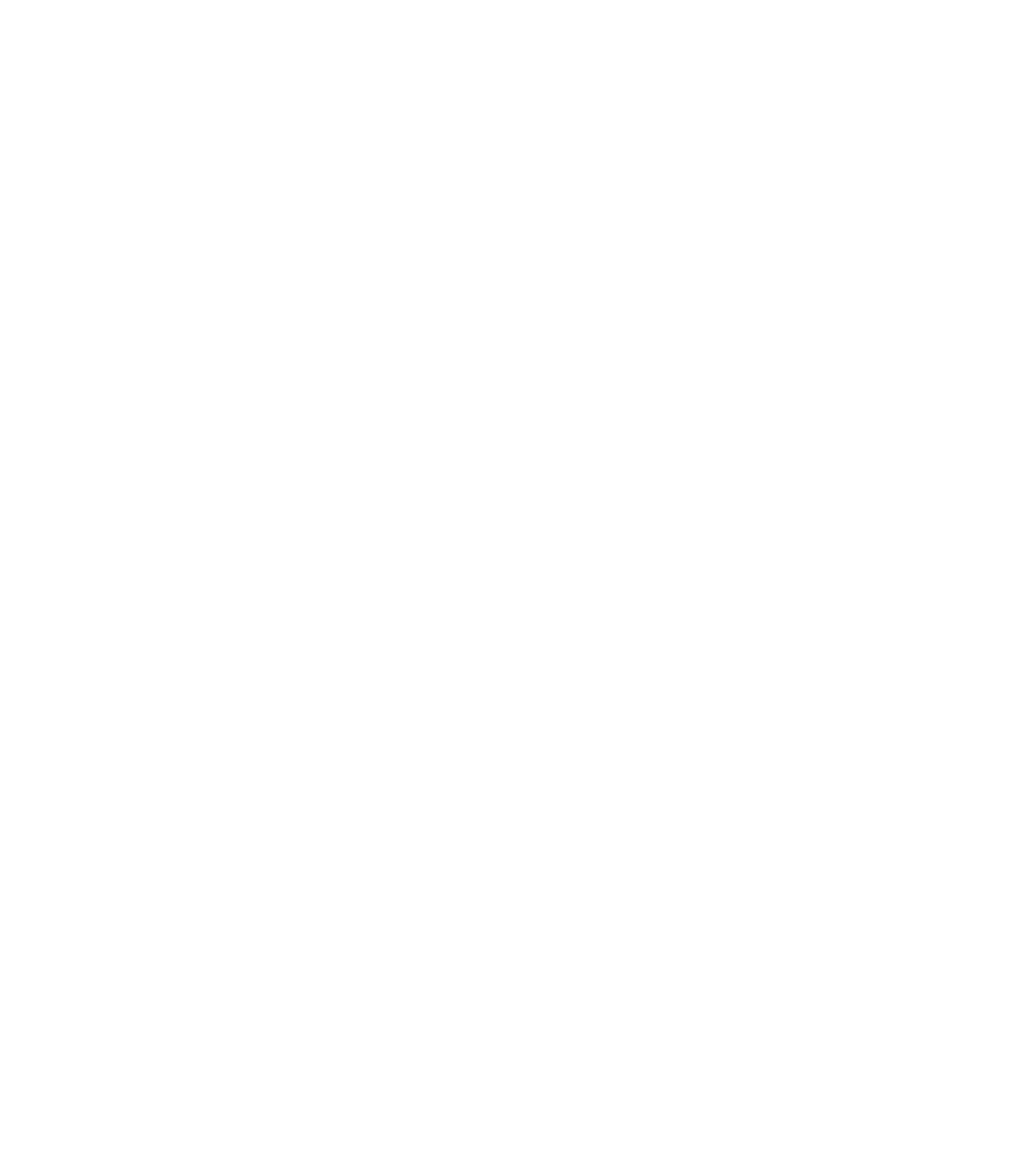Functional depression, often misunderstood and underdiagnosed, is a critical topic to explore as it affects many people worldwide. This article aims to educate readers on the various functional depression symptoms and provide guidance for those seeking support. By understanding the symptoms of functional depression and how they differ from other forms of depression, readers can better identify and address the challenges they or their loved ones may face.
What is Functional Depression?
Functional depression, sometimes referred to as high-functioning depression, is a form of depression where individuals can maintain their daily responsibilities and routines despite experiencing depressive symptoms. The key characteristics of functional depression include a persistent low mood, negative thought patterns, and difficulty finding joy in activities.Key Characteristics of Functional Depression:
- Persistent low mood
- Negative thought patterns
- Difficulty finding joy in activities
Functional Depression Symptoms
Functional depression symptoms can be categorized into emotional, cognitive, behavioral, and physical symptoms. It is essential to recognize these symptoms to understand the challenges faced by those experiencing functional depression.Emotional Symptoms
- Persistent feelings of sadness or emptiness: A constant low mood or feeling of emotional numbness that lasts for an extended period.
- Irritability and mood swings: Becoming easily agitated or experiencing emotional outbursts with little provocation.
- Loss of interest or pleasure in activities: A diminished interest in hobbies, social events, or other activities that once brought joy.
Cognitive Symptoms
- Difficulty concentrating or making decisions: Struggling to focus on tasks, leading to reduced productivity or indecision.
- Negative thought patterns and self-criticism: A pattern of pessimistic thoughts and excessive self-blame.
- Feeling overwhelmed or trapped: Sensing that daily tasks are insurmountable or feeling stuck in a negative cycle.
Behavioral Symptoms
- Changes in sleep patterns: Experiencing insomnia or sleeping too much, leading to disrupted sleep schedules.
- Social withdrawal or isolation: Avoiding social interactions, even with close friends and family members.
- Neglecting personal responsibilities or self-care: Failing to maintain hygiene, household chores, or professional obligations.
Physical Symptoms
- Fatigue or low energy: Feeling constantly tired and lacking the energy to complete daily tasks.
- Changes in appetite or weight: Experiencing a decrease or increase in appetite, leading to weight loss or gain.
- Unexplained aches and pains: Suffering from headaches, muscle aches, or other physical discomforts without an apparent cause.
The Impact of Functional Depression Symptoms on Daily Life
Functional depression symptoms can significantly impact an individual's daily life, affecting their relationships, work performance, and self-esteem. Recognizing and addressing these symptoms is essential for personal well-being and mental health.How to Get Help for Functional Depression Symptoms
Importance of Seeking Professional Help
If you or a loved one are experiencing functional depression symptoms, it's crucial to seek professional help from a mental health expert. Mental health professionals, such as psychiatrists, psychologists, and counselors, can assist in diagnosing and treating functional depression.Therapy Options for Functional Depression
- Cognitive Behavioral Therapy (CBT): A form of psychotherapy that focuses on identifying and changing negative thought patterns and behaviors.
- Interpersonal Therapy (IPT): A therapy that addresses relationship issues and helps improve communication and problem-solving skills.
- Mindfulness-based approaches: Therapeutic techniques that focus on cultivating mindfulness, self-awareness, and stress reduction.
Medication Options for Functional Depression
A mental health professional may recommend medication to manage functional depression symptoms. Antidepressant medications, such as selective serotonin reuptake inhibitors (SSRIs) or serotonin-norepinephrine reuptake inhibitors (SNRIs), can help improve mood and alleviate other symptoms. It's essential to consult with a mental health professional before starting any medication, as they can help determine the best course of treatment based on individual needs.Lifestyle Changes and Self-help Techniques
In addition to therapy and medication, making certain lifestyle changes can also help manage functional depression symptoms. Some effective strategies include:- Regular exercise: Engaging in physical activity, such as walking, jogging, or yoga, can help boost mood and improve overall well-being.
- Balanced diet: Consuming a nutritious diet that includes fruits, vegetables, lean proteins, and whole grains can positively impact mental health.
- Quality sleep: Prioritizing sleep hygiene by establishing a regular sleep schedule, creating a comfortable sleep environment, and avoiding stimulants before bedtime.
- Social support: Connecting with friends, family members, or support groups can provide emotional support and help combat feelings of isolation.
- Stress management: Practicing relaxation techniques, such as deep breathing exercises, meditation, or progressive muscle relaxation, can help manage stress and improve mental health.

